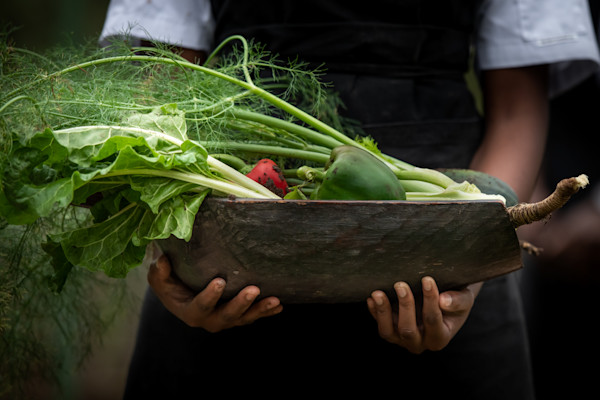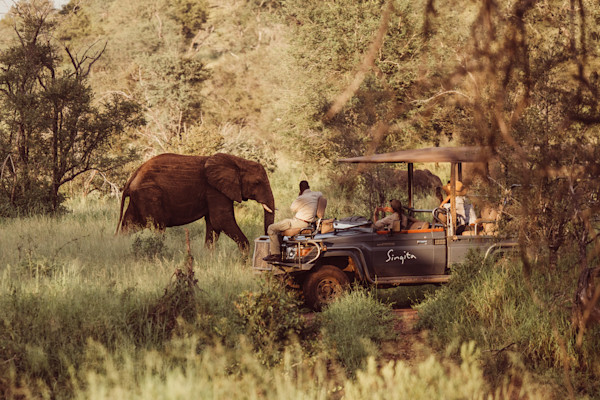
August 2021
Sustainability
Singita’s commitment to balancing the scales
in SustainabilityShare:
Singita’s commitment to balancing the scales
Singita’s commitment to the conservation and preservation of wilderness areas across Africa and the life they support is informed by our 100-year purpose to ensure future generations benefit from the environment.
Our new carbon offsetting initiative, which launched 30 August 2021, will allow our guests as well as our business to mitigate the impact of emissions and is aligned to the various commitments we’ve made to conservation. These include the UN’s Sustainable Development Goals, in particular climate action (Goal 13) for the benefit of local communities and biodiversity, as well as Global Goals for Nature and its fourth goal of achieving carbon neutrality, and the One Planet Living Zero Carbon Energy principle.
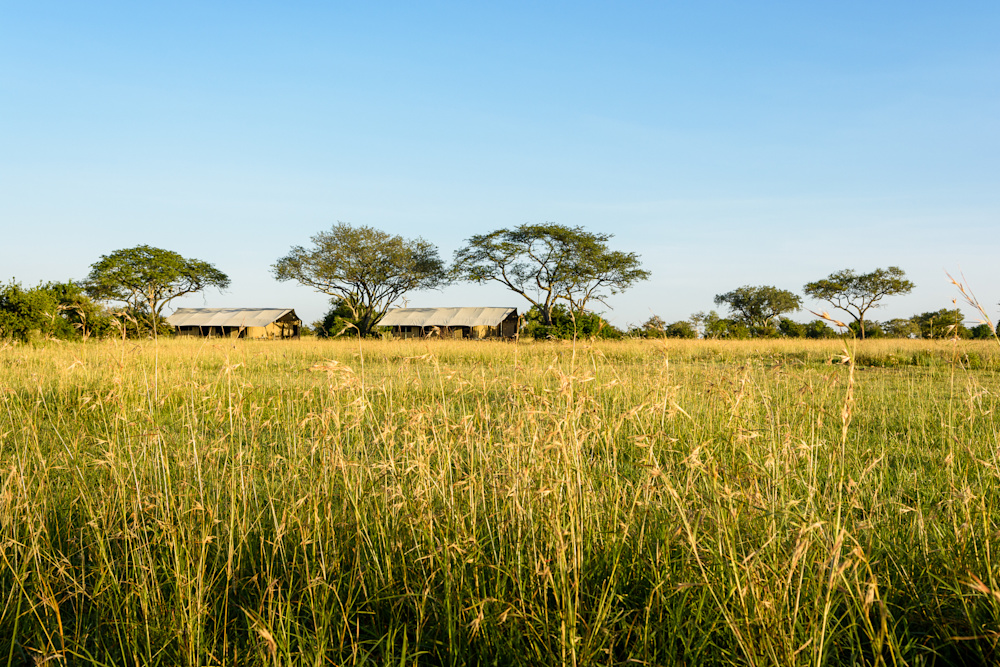
Our conservation goals align with the UN’s Sustainable Development Goals, Global Goals for Nature and the One Planet Living Zero Carbon Energy principle
Offsetting our Carbon
Travel, like all industries, contributes to the world’s carbon emissions. Greenhouse gases (GHG) such as carbon dioxide (CO2) are emitted when fossil fuels are consumed (driving cars, flying in planes, using electricity, generating waste). The reality is that some emissions are unavoidable, and so the goal is to first reduce carbon emissions as much as possible (through smarter and more sustainable energy use and travel), and then offset the remaining unavoidable emissions.
This programme give us a way to reduce carbon dioxide or greenhouse gases to compensate for emissions that were produced elsewhere. While in isolation, it is not the solution, implemented within an overarching framework of responsible tourism, it can play a vital role in combating climate change. Ensuring the environmental sustainability of the destinations where we operate is critical and a carbon-offsetting programme is a channel that empowers both conservation companies and their guests to contribute. Travellers can offset their carbon emissions by purchasing carbon credits, the funds from which are channelled into carbon-emission mitigation projects.

While Singita has numerous programmes in place to reduce our impact, we were determined to do more to mitigate the unavoidable carbon emissions that even ecotourism generates
How are we contributing?
Our sustainability goals have long driven many of our day-to-day and long-term practices, which include the use of renewable energy and energy-efficient equipment, lodge designs that optimise energy management, and staff education on the impact of energy consumption.
However, we are determined to do more, and carbon offsetting allows us to make this extra commitment. From 30 August 2021, for all new bookings made, Singita will include a carbon offsetting levy which offsets the carbon footprint of each stay. This is calculated based on the footprint of a night’s stay, with each guest’s stay converted into a carbon-offset cost. The current cost/tonne of carbon offset is USD 10/tonne. In practical terms, this equates currently to $2.30 per night. Using the levy from each guest, verified carbon credits will be purchased from accredited service providers in each region, whose projects either remove existing carbon from the atmosphere, or prevent new emissions.
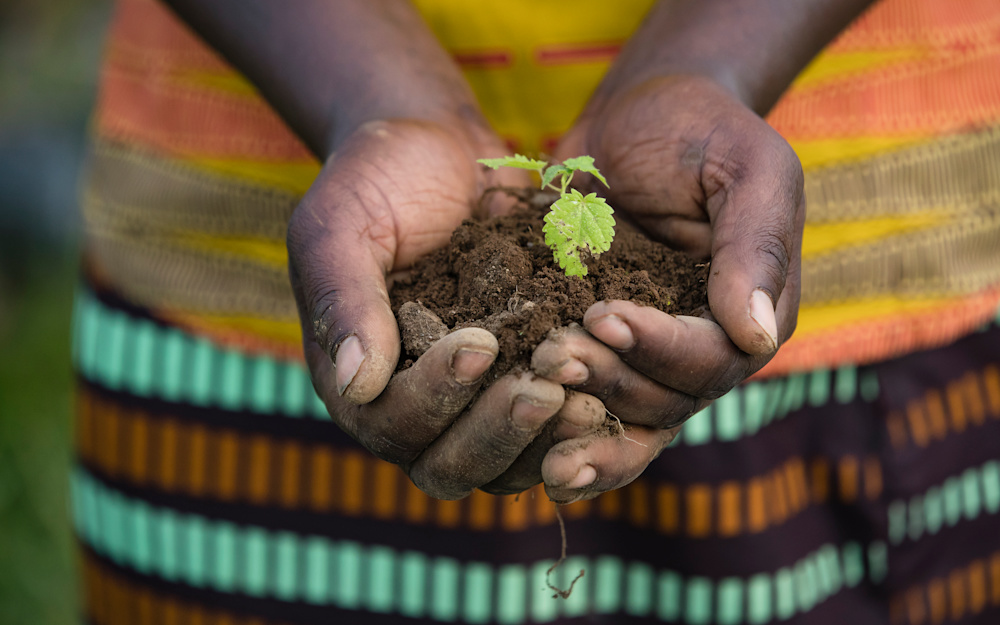
A carbon offsetting levy based on the footprint of each stay at one of our lodges or camps, will allow guests to play a role in our goal of achieving carbon neutrality
Our carbon offsetting partners
Each of the projects benefitting from our Carbon Offsetting Programme was chosen with the UN Sustainable Development Goals, Global Goals for Nature and our 100-year purpose in mind.
We have partnered with various projects across our four regions and guest-accrued carbon credits will go towards supporting these organisations – who are creating grass-roots solutions to the climate challenges of the developing world. In South Africa, the Climate Neutral Group’s Wonderbag project is an innovative and context-led approach to assisting communities to cook more sustainably and safely through a simple, innovative alternative to an open flame. In Tanzania, Carbon Tanzania’s Yaeda Valley Forest Project works to protect the vulnerable forests for the benefit of hunter-gatherers, wildlife and climate change prevention, in collaboration with three village communities, who benefit from the levies in the form of healthcare and education for children, food security and employment for the youth.
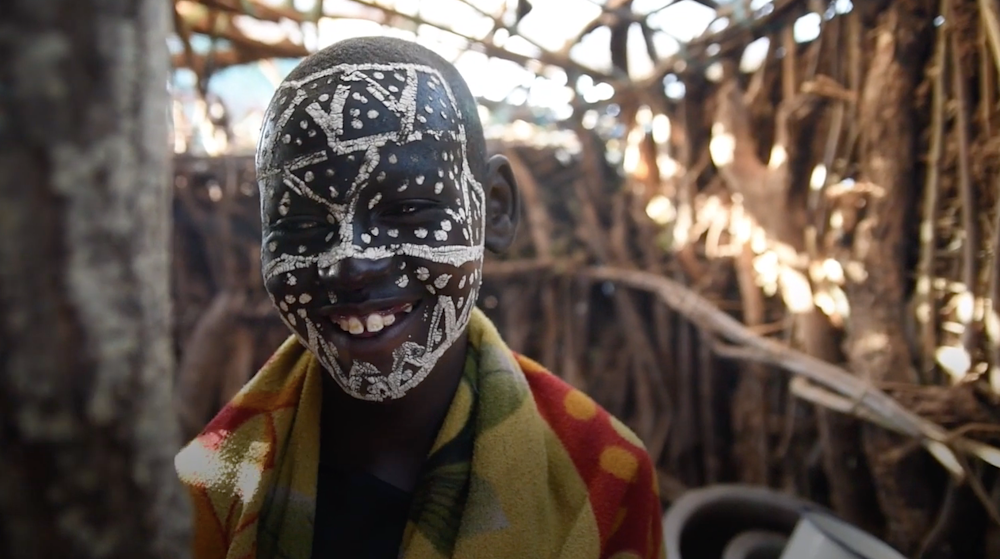
WATCH how one of our carbon offsetting partners, Carbon Tanzania works with local communities for the mutual benefit of people, wildlife and environment
An era of more responsible travel
The new carbon offsetting levy will apply to new bookings made from 30 August 2021, and will form part of each final bill, effectively offsetting the carbon footprint of each stay. In this way, our guests will work together with us to serve as part of the solution and contribute positively to our conservation goals.
To learn more, click here >

Together with your support as our guests, our Carbon Offsetting Programme will allow us to fulfil our 100-year purpose of protecting Africa's great wilderness areas

By Julia Freemantle
Author

